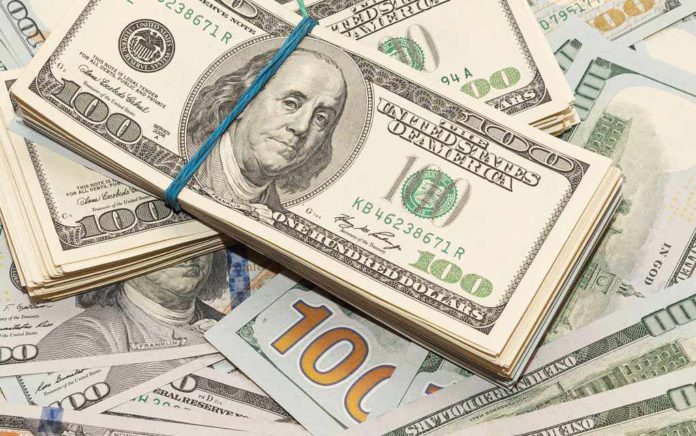
(TheRedWire.com) – Following the announcement of the collapse of Silicon Valley Bank (SVB) and Signature Bank, the federal government has mobilized to insure depositors with over $200 billion of venture capital and high-tech start-up money in the two banks. While following the 2008 financial crisis, Congress passed legislation to help rescue some of the largest banks in the country, the current plan is only focused on the two banks and would not require any additional money from taxpayers.
Currently, most depositors have more than the $250,000 standard insurance limit from the Federal Deposit Insurance Corporation (FDIC) in their bank accounts. As a result, regulators are accessing special funds under the FDIC called the deposit insurance fund to ensure that depositors will still be able to withdraw funds from their accounts.
On Sunday a Treasury official noted that the FDIC was going to be using the funds from the deposit insurance fund to help ensure that “its depositors are made whole.” He reiterated that the risk for this will be handled from the deposit insurance fund and will not bear an effect on the taxpayers.
The DIF money comes from insurance premiums that banks are obliged to pay. They also come from interest earned on funds that have been invested in U.S. bonds and other securities and obligations. Many consider the current federal assistance to not be a “bailout” as the money being used is bank money and interest and not taxpayer money.
Copyright 2023, TheRedWire.com














